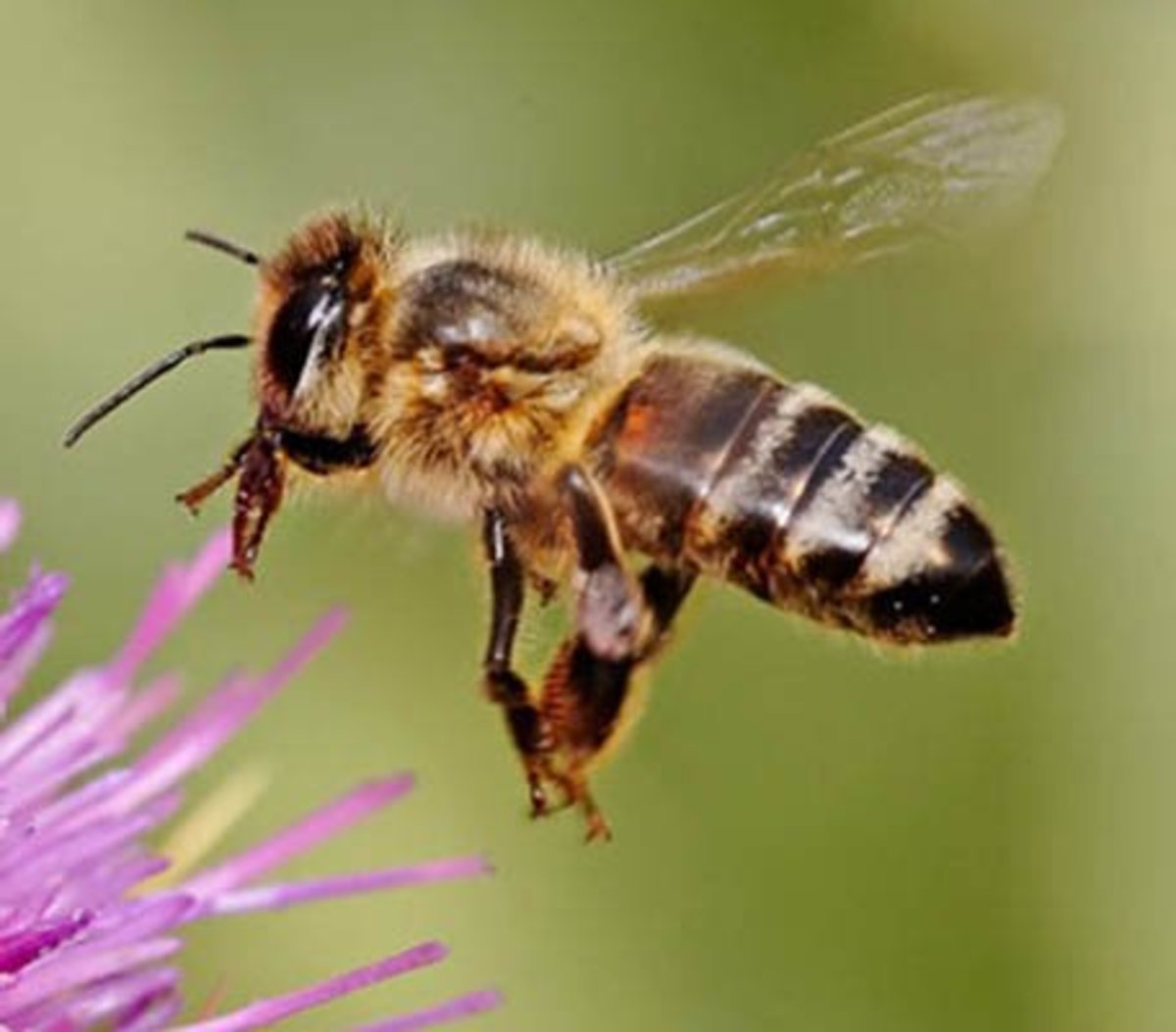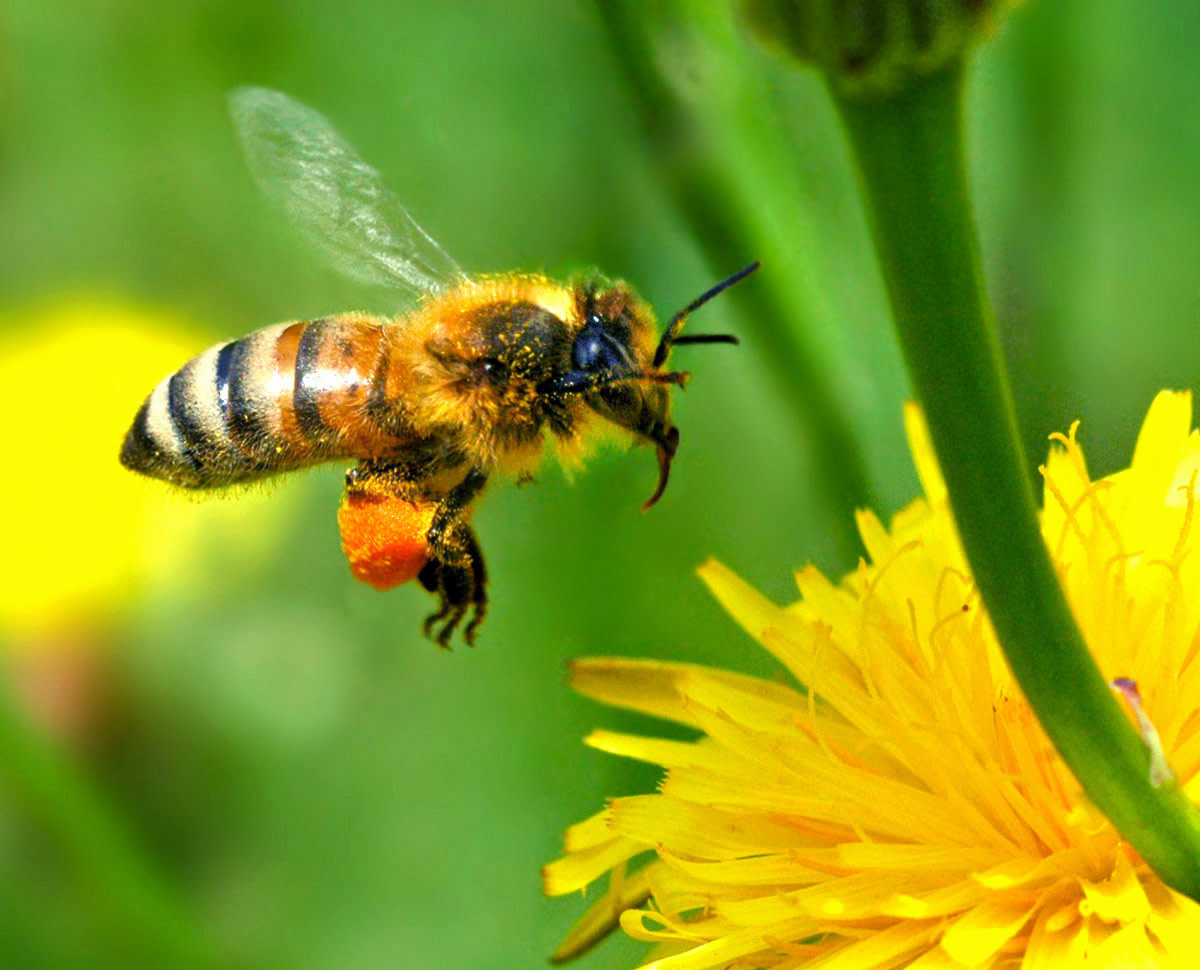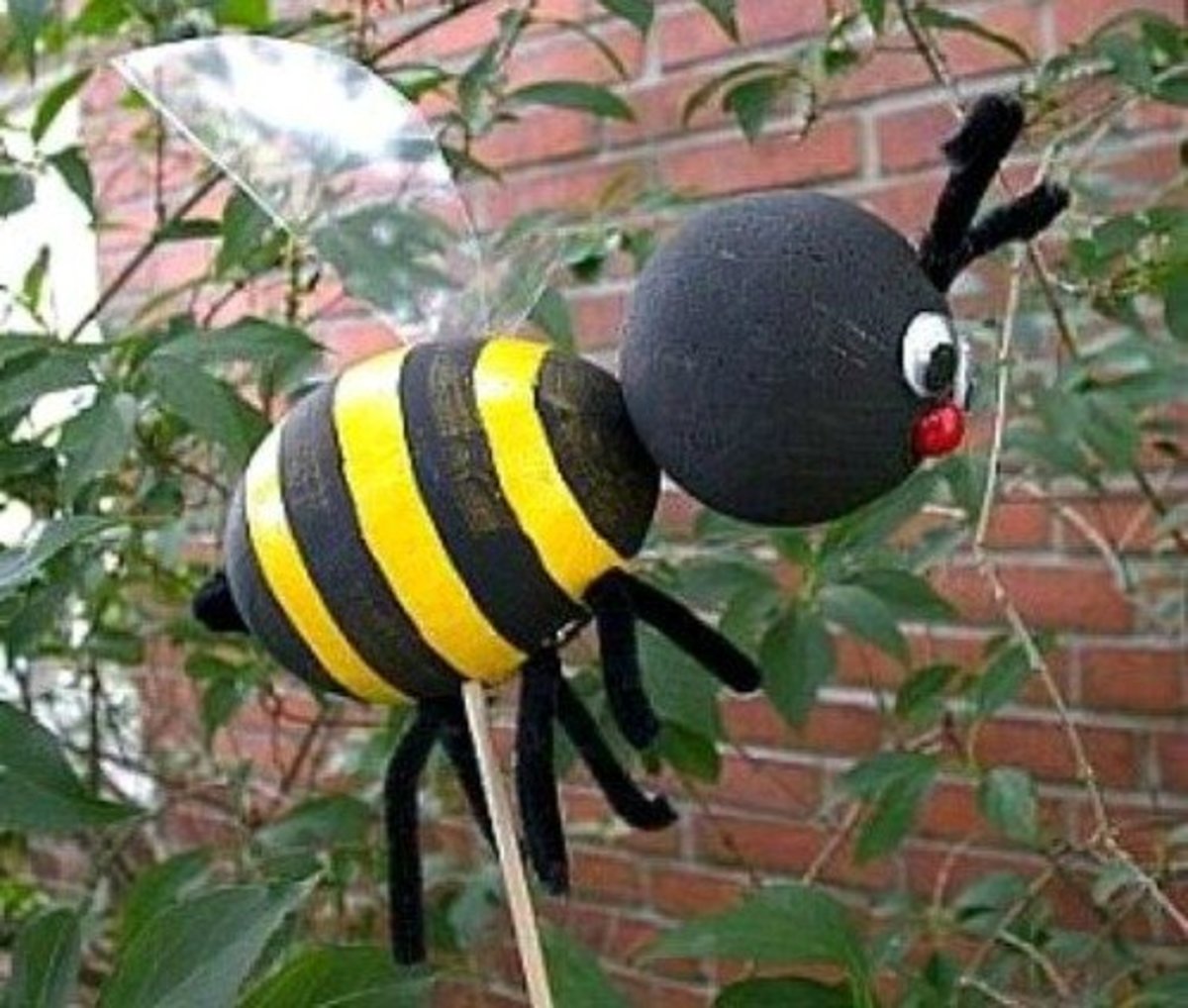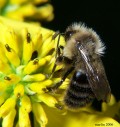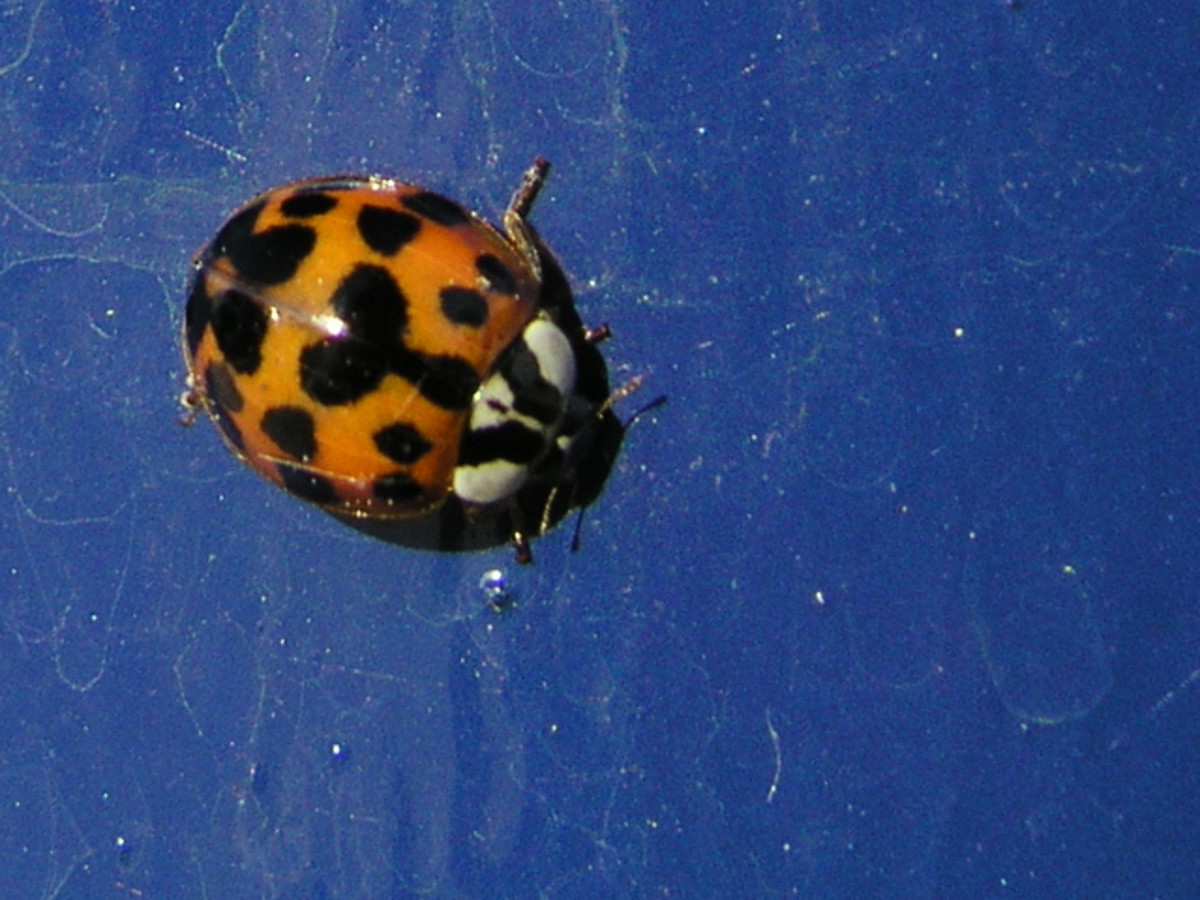Colony Collapse Disorder and Cell Phones
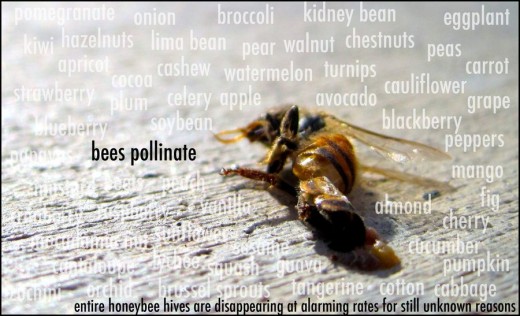
Bee Crisis
This is a time of crisis for the honeybee or bumblebee, as they are sometimes called. In 2008, Israel, once ' the land of milk and honey ', reported a 60% drop in honey production. The United Kingdom reported a drop of 50% in honey production that same year and 25% of British hives did not survive the winter.
The situation has continued to worsen since then and many factors have contributed to this sad state of affairs for the honey bee. Climate change including an excessive amount of rain means that the bees stay indoors for longer periods. Because the bees are not leaving the hive the Varroa mite multiplies and infects them.
Places like South America are growing soya beans and wheat for bio-fuels instead of growing the crops the bees used to feed on.
In the U.S.A. the bees are being wiped out by Colony Collapse Disorder, CCD whereby the bees go out to forage but don't return due to a problem with their navigation system which I explain in this article.
Electro-Smog
The wireless antennas in every home essential for broadband and keeping us all connected to each other under the watchful eye of 'big brother' is also responsible for the decline in the bumblebee population. The electromagnetic radiation from the masts that dot our landscapes is the stuff of both wireless broadband and mobile-phone signals and is now sometimes referred to as 'electro-smog.' This electro magnetic smog can be likened to electrical spider webs which disorientate the natural navigation systems in creatures such as bumblebees.
These electrical webs in the earth's atmosphere affect far more species than just the bumblebee. Scientists who once solely blamed viruses, pesticides, parasites, GM crops and climate change are now starting to realise the negative impact on the population of these creatures is also due to a large part to our compulsion to being electronically connected via the internet and mobile phone.
Honey Bee GPS
This man-made “electro-smog” has been shown to be the explanation for CCD, Colony Collapse Disorder and the decline in population of the bumblebee vital to pollination of human food crops. Bumblebees navigation systems are responsive to the earth’s natural magnetic fields.
The reason for this is that each bee has a pigment called chryptochrome which contains a naturally magnetic iron oxide called magnetite. Magnetite is not only found in bumblebees but a whole host of other creatures like in the bills of birds , in bacteria, insects, sharks and whales. This magnetic substance is what enables these creatures to sense the Earth's natural magnetic field and in effect ensures they know where they are going, their own natural Global Positioning System or GPS, if you like.
When a bee leaves the hive and cannot find its way back it dies and this is why so many colonies of bees are disappearing right across the globe.
Studies
Studies have been done in the past to test the effect of mobile phone radiation on bees and in an experiment done in Germany at the University of Koblenz-Landau in 2003, mobile phone handsets were placed near some bee hives. It was clearly shown in every case that the bees avoided the handsets.
It wasn't until studies done by two Indian scientists at the Punjab University in India that scientists realised how deadly this radiation was to the bumblebee. The scientists exposed the bees to radiation for 15 minutes every day, twice a week for a period of 3 months and found that the queen bee stopped laying eggs and no honey or pollen was found in the colony at the end of that period.
The price of texting is due to rise
We have now succeeded not just in chemically polluting our atmosphere but have also done so electrically and magnetically. With our ever increasing dependence on electronic gadgets the environment is now suffering to such a degree that whole colonies of bumblebee are being wiped out all over the world.
Without the honey bee tirelessly providing, free of charge, the essential service of pollinating the crops we eat the UN has announced that this is now a global crisis warning of a world food crisis as a result. The fact is 25% of the food we eat is pollinated by the honey bee.
With predictions that there will be no honey bees left on the planet within the next 10 years the authorities are beginning to wake up to the problem but if it means getting rid of our mobile phones and the internet then I fear the honey bee's days are numbered and we can look forward to texting each other as we starve to death.
Why Watch The Videos?
The videos I have included in this hub serve to make people aware of how serious the problem actually is and how we and the animals we eat really do depend on the bee for for our very existence. I would urge you to take the time to show these videos to your families and decide to make changes in your own lives that will help save our loyal work force of honey bees.
© 2011 Xavier Nathan

